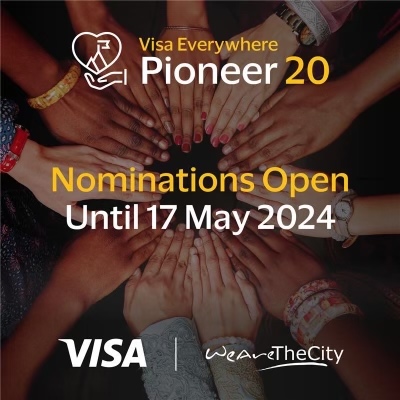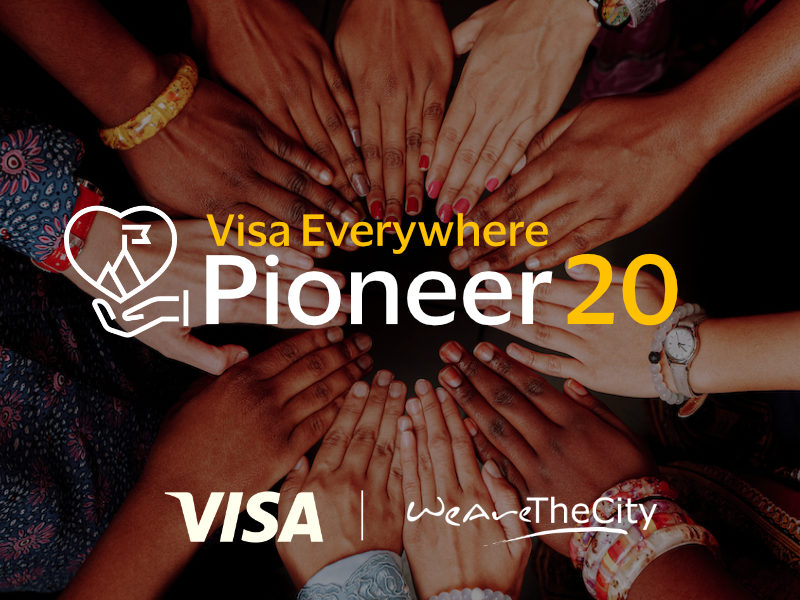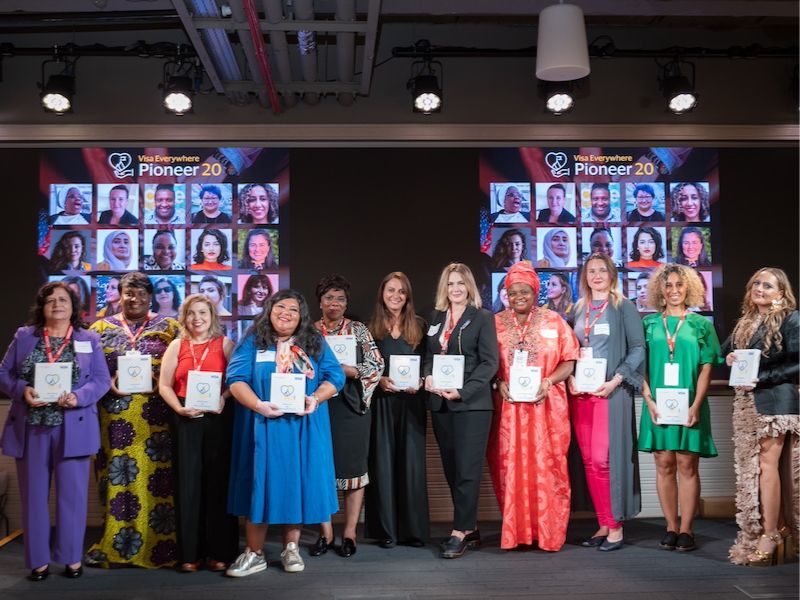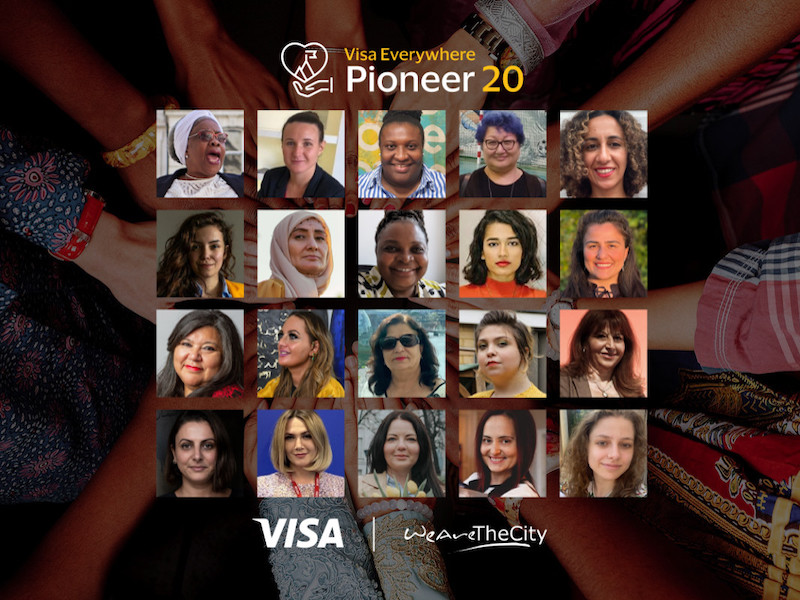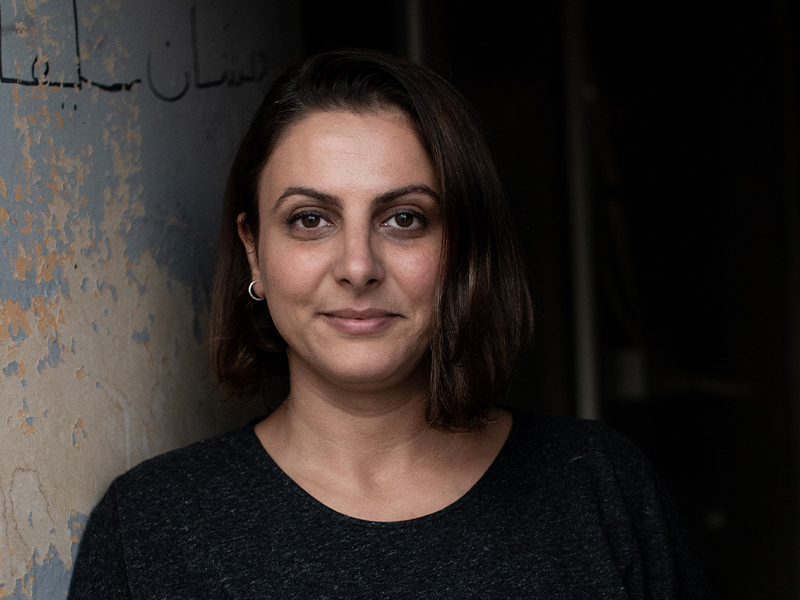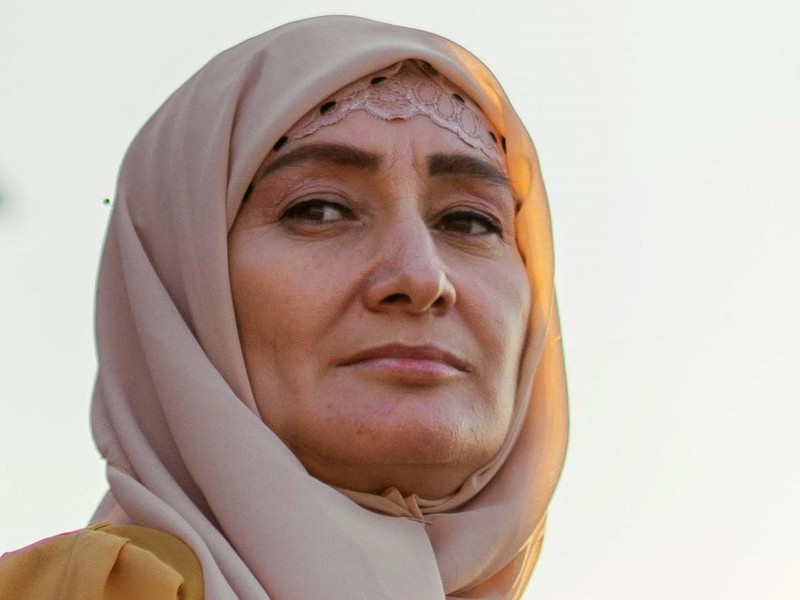
I’m a refugee from Chechnya, from where I fled to Poland in 2012 with my three children aged 12, 15 and 18, due to the persecution by the authorities that affected me and my family.
During the 11 years of my stay in Poland, I personally experienced all the problems related to the procedure of applying for international protection and the difficulties of life resulting from the weakness of the system of reception, service and integration of forced migrants in Poland. We have experienced many times that as refugees we were positioned as week and helpless people, often burdensome, and our needs were mostly defined by people and institutions from outside. The consequence of that are imposed aid programs, which lead to the potential of refugees being wasted, and the role of passive recipients being assigned to them.
After several years of stay in Poland I knew well the position and needs of asylum seekers and refugees. I felt an urgent need of creating an alternative approach, which could become located in the city’s open social system, and which at the same time would strengthen the community of my fellow countrymen living as refugees in Poland, so that they could fend for themselves and live in dignity. I was inspired by the words of brother Albert Chmielowski, 19th century priest, the patron of contemporary Polish solutions in the area of fight against poverty and homelessness: “every person must be given food, a homeless person a place, a naked person clothing; without a roof and a piece of bread a person can only steal or beg in order to survive.” These words were about my fellow countrymen who, because of shortages and hunger, lose the virtue most valued in our nation: the sense of dignity, by stealing in shops sweets and fruits, or becoming involved in illegal activities.
There are institutions and non-governmental organizations that implement integration projects where refugees feel treated with respect. We appreciate initiatives that present to the public topics “on our behalf” that we cannot speak out about for our own safety. At the same time, I believe that aid projects, by assigning refugees the role of beneficiaries, perpetuate the stereotype of a community in need, dependent on help. And we want to speak on our own behalf about what we need, what we dream about and what we can realistically do. We want to fight for our dignity ourselves. That is why in the years 2017 – 2019 I established and ran the Intercultural House in Gdańsk – a place of self-organization, education, emancipation and integration of refugee families in the Polish community. There lived 10 families from Chechnya, Ukraine, Tajikistan, Belarus and Syria, together about 50 people.
In 2018, together with women from Poland, we established the Women on the Road Foundation, which aims to help, support and improve the living conditions of migrant and refugee women and their families.
I come from Chechnya, where gender inequalities affect all areas of social, family and personal life. Since I was a child, I experienced what a woman’s place is. The patriarchal social structure and the complete subordination of women to men – father, brothers, husband and cousins, and even to every man – were principles upheld by tradition, religion, and political order. The two Chechen wars made men even more privileged, cruel and unpredictable in taking their aggression out on women.
When I came to Poland as a refugee, I freed myself from the direct control of men. However, I live here among women who, in addition to the fate of refugees, constantly experience the oppression of the cultures they come from. To help them, I ran support groups for women with the experience of forced migration in Gdansk and Warsaw. I organized meetings in refugee centers and camps for young women about women’s rights in Poland and how to use the system of preventing violence against women. I carried out dozens of interventions in Muslim families in situations of violence and helped women reach the support system. I organized an educational group for girls and young women from refugee backgrounds on body positivity and women’s rights.
In 2022-23, with refugees from the Caucasus and Ukraine, we realized a project “Wandering Women” on the self-advocacy of refugee women in areas where they experience discrimination and unequal treatment.
We want to show our daughters and granddaughters that despite the tragedy we have experienced, we can live with dignity.
On the other hand, I cooperate with institutions and organizations in Poland. I worked on including the issue of equal treatment of immigrant and refugee women in the Immigrant Integration Model and the Equal Treatment Model in Gdansk. I conducted research on the situation of migrant and refugee women in Polish society and presented the results at conferences and in scientific articles, interviews and films. I have conducted dozens of workshops, seminars and other events.
For two years I have been running a social enterprise – a restaurant “Women on the Road” in Warsaw, which is an opportunity for the refugee women working there to find their place in the community that welcomed us, not as “guests” but as full members.
Chechen women are very strong. Professor Halina Grzymała-Moszczyńska, chairwoman of the Program Council of our Foundation, says that “Chechens only need respect, the rest will be done by themselves”. This is true. We want to show our daughters and granddaughters that despite the tragedy we have experienced, we can live with dignity. We want to develop, involve other immigrant women and their families in cooperation.
From Polish women I learned how to fight for dignity and equal rights. I want to create in Poland a support system for migrant and refugee women from different cultures, based on cooperation with women from Poland, where they could organize themselves in a bottom-up way. I would like to lead women on my path, which I walked as a Chechen, Muslim and refugee, thanks to women in Poland.

